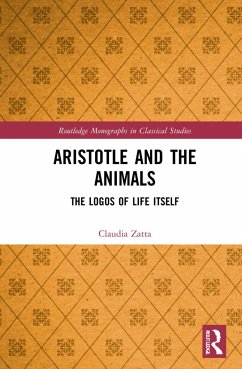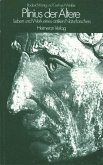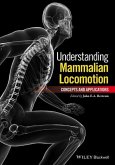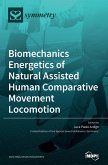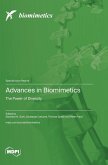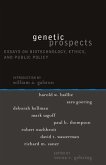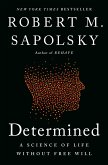With a novel approach to Aristotle's zoology, this study looks at animals as creatures of nature (physis) and reveals a scientific discourse that, in response to his predecessors, exiles logos as reason and pursues the logos intrinsic to animals' bodies, empowering them to sense the world and live.
The volume explores Aristotle's conception of animals through a discussion of his ad hoc methodology to study them, including the pertinence of the soul to such a study, and the rise of zoology as a branch of natural philosophy. For Aristotle, animal life stems from the body in the space of existence and revolves around sensation, which is entwined with pleasure, pain, and desire. Lack of human reason is irrelevant to an understanding of the richness of animal life and cognition. In sum, the reader will acquire knowledge of the "animal as such," which lay at the core of Aristotle's agenda and required a study of its own, separate from plants and the elements.
This book is intended for students of the history of science, ancient biology, and philosophy and all those who, from different fields, are interested in animal studies and the human-animal relation.
The volume explores Aristotle's conception of animals through a discussion of his ad hoc methodology to study them, including the pertinence of the soul to such a study, and the rise of zoology as a branch of natural philosophy. For Aristotle, animal life stems from the body in the space of existence and revolves around sensation, which is entwined with pleasure, pain, and desire. Lack of human reason is irrelevant to an understanding of the richness of animal life and cognition. In sum, the reader will acquire knowledge of the "animal as such," which lay at the core of Aristotle's agenda and required a study of its own, separate from plants and the elements.
This book is intended for students of the history of science, ancient biology, and philosophy and all those who, from different fields, are interested in animal studies and the human-animal relation.
'The breadth of textual evidence that Z. summons to make her case is dazzling, as is her reconstruction of the conceptual debate to which Aristotle was responding in his effort to locate the study of animal life within a larger philosophical project. Z.'s book is a significant contribution to ongoing conversations about the scale of Aristotle's teleology presented in work by J. Gelber and D. Henry, about whether z is a core-dependent homonym, as opened by C. Shields and complicated fruitfully in recent work by C. Coates, and about the kind and extent of Aristotle's empiricism as explored by M. Gasser-Wingate. Z.'s volume should be considered necessary reading for scholars tracking and participating in these conversations.'
Sara Brill, The Classical Review, 2024
Sara Brill, The Classical Review, 2024

